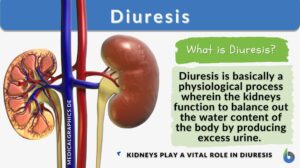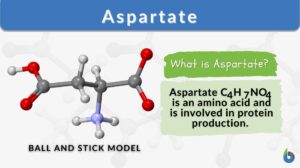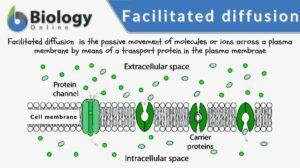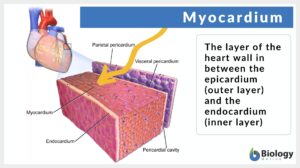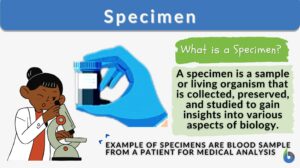Search Results for: inhibitors
Allosteric Inhibitors
See allosteric Enzyme. Inhibitors act as 'modulators' in enzyme execution as they can attach themselves to a molecule that... Read More
Growth inhibitors
Growth inhibitors endogenous or exogenous substances which inhibit the normal growth of human and animal cells or... Read More
Enzyme inhibitors
Enzyme inhibitors compounds or agents that combine with an enzyme in such a manner as to prevent the normal substrate-enzyme... Read More
Diaphoresis
What is Diaphoresis? Diaphoresis is referred to excessive or profuse perspiration or sweating which may be due to... Read More
Actions of Caffeine in the Brain with Special Reference to Factors That Contribute to Its Widespread Use
IV. Actions of Caffeine on Brain Functions and BehaviorHaving discussed the molecular and neuronal actions of caffeine,... Read More
Inhibitors
Inhibitor (Science: chemistry, pharmacology) a molecule which represses or prevents another molecule from engaging in a... Read More
Leukocytosis
What Is Leukocytosis? Leukocytosis is a condition wherein the number of White Blood Cells (WBCs) is increased above the... Read More
Substrate specificity
Definition noun A feature of enzyme activity with regard to the kind of substrate reacting with an enzyme to yield a... Read More
Krebs cycle
Krebs cycle, also known as the citric acid cycle or tricarboxylic acid (TCA) cycle, is a fundamental metabolic pathway that... Read More
Methods of Breaking Seed Dormancy
Definition of Seed Dormancy:Non – germination of seeds due to absence of suitable conditions is termed as dormancy.... Read More
Facilitated diffusion
Facilitated diffusion is the transport of substances across a biological membrane from an area of higher concentration to an... Read More
Myocardium
Myocardium Definition What is the myocardium of the heart? It is the muscular middle layer of the heart that is... Read More
Cell adhesion
Cell Adhesion Definition Cell adhesion is the process in which a cell uses a specialized complex of proteins to get... Read More
Hyperosmotic
Hyperosmotic Definition What is hyperosmotic? The word hyperosmotic is derived from two Greek words: 'hyper', meaning... Read More
Phenylalanine
phenylalanine (Science: amino acid) One of the amino acids which the body cannot manufacture itself, but must acquire from... Read More
Enzyme regulation
Enzyme regulation (Science: biochemistry) control of the rate of a reaction catalyzed by an enzyme by some effector (e.g.,... Read More




